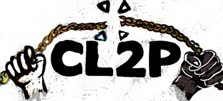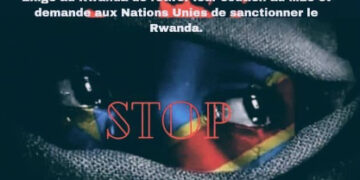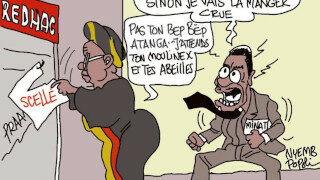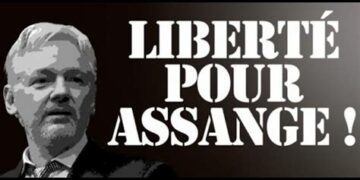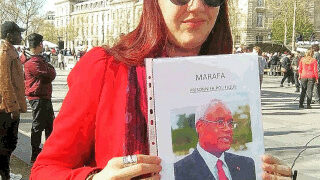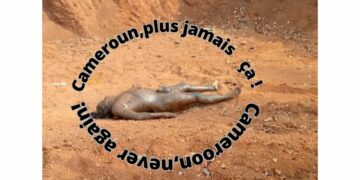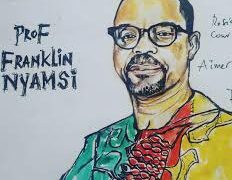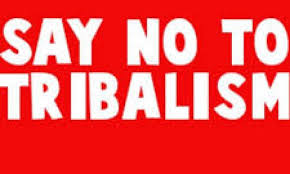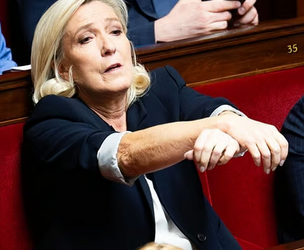
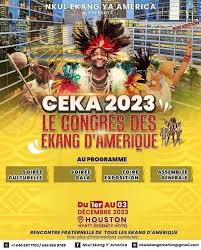
CAMEROUN : CONVENTIONS BAMILEKÉ, EKANG-BETI, BASSA, PEULH ETC.…DES VESTIGES RÉACTIONNAIRES ET OBSCURANTISTES DE LA COLONISATION
Nous sommes absolument d’accord avec l’analyse faite par le réalisateur camerounais Jean-Pierre BEKOLO (« Le repli identitaire sur nos tribus rend difficile l’émergence culturel africain » – Jean-Pierre Bekolo)
On ne peut en aucune manière cautionner cette régression obscurantiste caractérisée, avec en arrière fond un repli tribal et une incitation non assumée au tribalisme, quelle que soit l’ethnie ou la tribu des initiateurs du concept.
Pour peu qu’on conçoive poursuivre collectivement un même destin national, panafricain, universaliste et même humaniste.
L’autonomie associative n’est pas par nature antidémocratique.
Le problème ici est exacerbé par le fait que, malheureusement, le pouvoir est organisé selon des lignes tribales au Cameroun. Ce qui est positif ici, cependant, c’est le fait que nous sommes capables de reconnaitre cela comme un héritage colonial, de changer en conséquence la manière dont le pouvoir est organisé dans notre pays.
Il ne s’agit donc pas d’une fatalité mais d’un problème qui peut être résolu par l’activisme démocratique.
Le Comité de Libération des Prisonniers Politiques – CL2P

English version
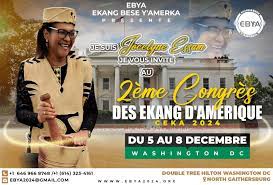
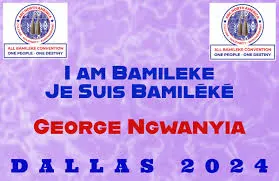
Associational Autonomy and Democratic Activism
CAMEROON: BAMILEKÉ, EKANG-BETI, BASSA, PEULH ETC… CONVENTIONS, REACTIONARY AND OBSCURANTIST VESTIGES OF COLONIZATION
We absolutely agree with the analysis made by the Cameroonian director Jean-Pierre Bekolo (« Le repli identitaire sur nos tribus rend difficile l’émergence culturel africain » – Jean-Pierre Bekolo)
We cannot in any way condone this marked obscurantist regression, with a background of tribal withdrawal and an unacknowledged incitement to tribalism, whatever the ethnicity or tribe of the initiators of the concept.
As long as we conceive of collectively pursuing the same national, pan-African, universalist and even humanist destiny.
Associative autonomy is not by nature undemocratic. The problem here is exacerbated by the fact that, unfortunately, power is organized along tribal lines in Cameroon. What is positive here, however, is the fact that we are able to recognize this as a colonial legacy and change the way power is organized in our country.
It is therefore not an inevitability but a problem that can be resolved through democratic activism.
The Committee For The Release of Political Prisoners – CL2P

